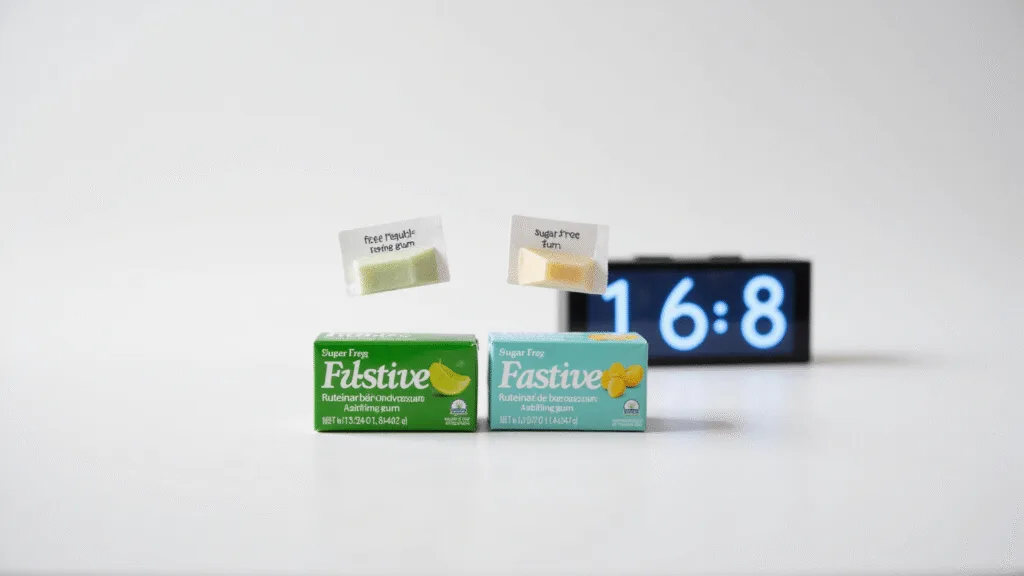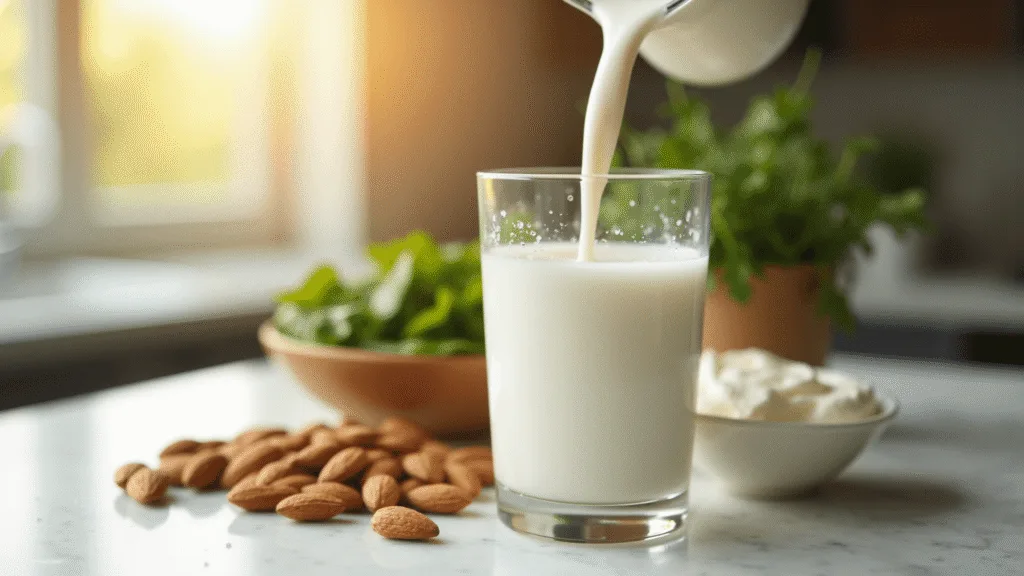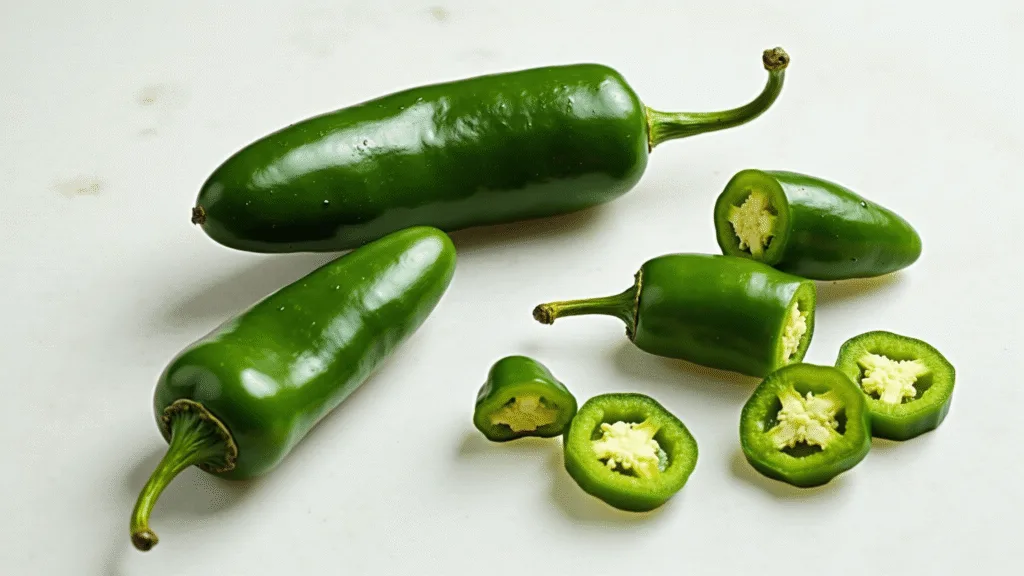10 Natural Alternatives to Antacids That Actually Work
Natural alternatives to antacids have changed my whole approach to dealing with heartburn and acid reflux. After years of popping those chalky tablets whenever I ate something spicy, I finally discovered some gentler options that work just as well – sometimes even better!
If you’re tired of relying on over-the-counter medications every time your stomach acts up, these natural remedies might be exactly what you need. They’ve become my go-to solutions, and many of my clients swear by them too.
Let’s dive into these stomach-saving alternatives that you probably already have in your kitchen!

Why Consider Natural Alternatives?
I started looking into natural antacid alternatives when I realized how often I was reaching for those pink tablets. While conventional antacids work in the moment, they don’t address the underlying causes of digestive issues and sometimes come with unwanted side effects.
Natural remedies can:
- Work with your body instead of just masking symptoms
- Be gentler on your system long-term
- Address the root causes of acid reflux
- Save you money
- Avoid potential medication dependencies
1. Ginger: Nature’s Digestive Superhero
Ginger has been my personal savior on more occasions than I can count. This powerful root helps stop acid from pushing back up into your esophagus by calming stomach contractions.
I keep ginger tea bags in my desk drawer, car, and kitchen for digestive emergencies. You can also:
- Chew on a small piece of fresh ginger
- Add grated ginger to meals
- Drink ginger tea (steep fresh ginger in hot water for 10 minutes)
- Take ginger supplements (but don’t exceed 4 grams daily)
Warning: Too much ginger can actually make indigestion worse, so don’t go overboard!
2. Chamomile Tea: The Stomach Soother
Whenever my stomach feels like it’s on fire, I brew a cup of chamomile tea. It works wonders to calm the digestive tract and reduce the inflammation caused by acid reflux.
The best part? Chamomile also helps reduce stress, which is often a hidden trigger for heartburn.
For best results, drink a cup 30 minutes before meals or right when you feel symptoms coming on.
3. Baking Soda Solution: The Quick Fix
When heartburn strikes out of nowhere and I need relief FAST, I reach for baking soda. It’s probably the closest thing to an actual antacid in your pantry because it neutralizes stomach acid immediately.
My simple baking soda recipe:
- Mix 1/2 teaspoon of baking soda in 4 ounces of water
- Sip slowly (don’t chug it!)
- Feel relief within about 15 minutes
Important! Don’t use this remedy more than once a day, and avoid it if you’re on a sodium-restricted diet.
4. Yogurt and Milk: Coating Comfort
A small cup of plain yogurt has saved me from heartburn countless times. It coats the esophagus and introduces beneficial bacteria that actually improve digestion overall.
Cold milk can also neutralize acid and provide temporary relief, though this doesn’t work for everyone (especially those with lactose issues).
5. Bananas: The Portable Acid-Fighter
I started keeping bananas at my desk after learning they’re naturally alkaline and can neutralize excess stomach acid. They’re basically nature’s antacid!
Other alkaline fruits and veggies that help fight heartburn include:
- Melons (especially honeydew and cantaloupe)
- Cauliflower
- Fennel
- Nuts
6. Turmeric: The Golden Healer
Adding turmeric to my cooking or drinking turmeric tea has made a huge difference in my overall digestive health. It’s incredible for reducing inflammation throughout the digestive tract.
My simple turmeric tea recipe:
- Simmer 1 teaspoon of turmeric powder in 2 cups of water for 5 minutes
- Add a pinch of black pepper (helps absorption)
- Strain and add honey if desired
7. Aloe Vera Juice: Not Just For Sunburns
Aloe vera isn’t just for your skin! Drinking a small amount of aloe vera juice before meals has significantly reduced my heartburn episodes.
Start with just 1-2 tablespoons before meals and see how your body responds.
8. Fenugreek Seeds: The Ancient Remedy
I discovered fenugreek through my grandmother, who used it for various digestive issues. These little seeds can be a powerful ally against acid reflux.
How I use fenugreek:
- Soak 1 teaspoon of seeds in water overnight
- Strain and drink the water first thing in the morning
- Alternatively, chew the soaked seeds
9. Papaya: Enzymes To The Rescue
Fresh papaya contains powerful digestive enzymes called papain that help break down food properly, reducing the chance of acid reflux.
I try to eat a few slices of fresh papaya after heavy meals, or I’ll drink papaya leaf tea when my digestion feels sluggish.
10. Herbal Blends: Professional-Grade Relief
When my acid reflux was at its worst, I tried an herbal product called Iberogast® that combines nine different herbs. The mixture of chamomile, angelica, licorice, and other herbs works synergistically to reduce heartburn better than any single herb alone.
Making The Switch To Natural Remedies
When I first started replacing my antacids with these natural alternatives, I didn’t go cold turkey. I gradually incorporated these remedies while reducing my dependence on over-the-counter products.
Some important things I learned along the way:
- Natural doesn’t always mean side-effect free – monitor how your body responds
- What works for one person might not work for another
- Combining several of these approaches often works better than relying on just one
- These remedies work best alongside lifestyle changes (like avoiding trigger foods and not eating before bed)
I still keep conventional antacids on hand for emergencies, but these natural alternatives have become my first line of defense – and my stomach is much happier for it.
Do you have a favorite natural remedy for heartburn that I missed? I’m always looking to expand my natural medicine cabinet!










